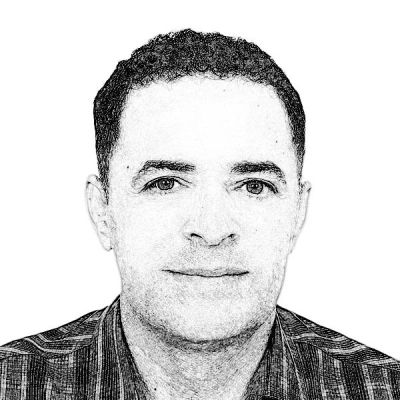Iran left no stone unturned to undercut the stability of the Gulf countries, hoping to bring about a radical change in the geopolitical reality.
And yet, much to the chagrin of the ruling elite in Tehran, the geopolitical reality of the Gulf has remained unchanged.
In the process, Iran has evolved slowly into a sort of a pariah state that is shunned by the international community.
The most recent developments that surrounded the execution of Nimr Al Nimr — who was put to death on terrorism-related charges — proved beyond doubt that Iran frames its policy in a sectarian language to incite sedition in Saudi Arabia.
As a revisionist state, Iran’s meddling aims at forcing the region to descend into bitter sectarian conflict.
The UN Security Council condemned Iran for not protecting the Saudi diplomatic missions.
Obviously, Iran cannot accuse the Security Council of representing the Sunnis.
Tehran’s attempts to distort the image of Saudi Arabia backfired and Iran became the target of international criticism for failing to protect the diplomatic missions of a key country in the region.
Apparently, Iran may be losing Turkey — a major regional power. Over the past few years, Ankara has tried to mitigate the impact of the Syrian crisis on its relationship with Tehran.
In fact, it tries hard to compartmentalise its relationship with Tehran by maintaining the economic relationship.
Yet the attacks on the Saudi diplomatic missions pushed Turkey to take side in the conflict.
At a broader level, it is clear that Saudi Arabia is not looking for a war with Iran, but seeks to balance Iran’s growing power in the region.
Hence, severing diplomatic relations with Tehran came as part of the Saudi strategy to remind the world that Iran is neither neutral nor positive in its approach to the region’s many conflicts.
Over the last few days, two things have manifested.
First, Saudi Arabia enjoys the backing of the international community. Second, Iran is getting more and more isolated.
Even Russia — Iran’s ally in the Syrian crisis — could not defend Iran’s aggressive policies.
The Iranian representative at the United Nations looked powerless as he was overtaken by the events.
Contrary to what ordinary Iranians were hoping, their leaders have dragged them once more in a confrontation with the regional powers.
It goes without saying that this time around Riyadh has gained the upper hand in this most recent crisis.
For sure, people in Iran will suffer as their leaders make Iran a pariah state that is shunned by the region and the international community.
